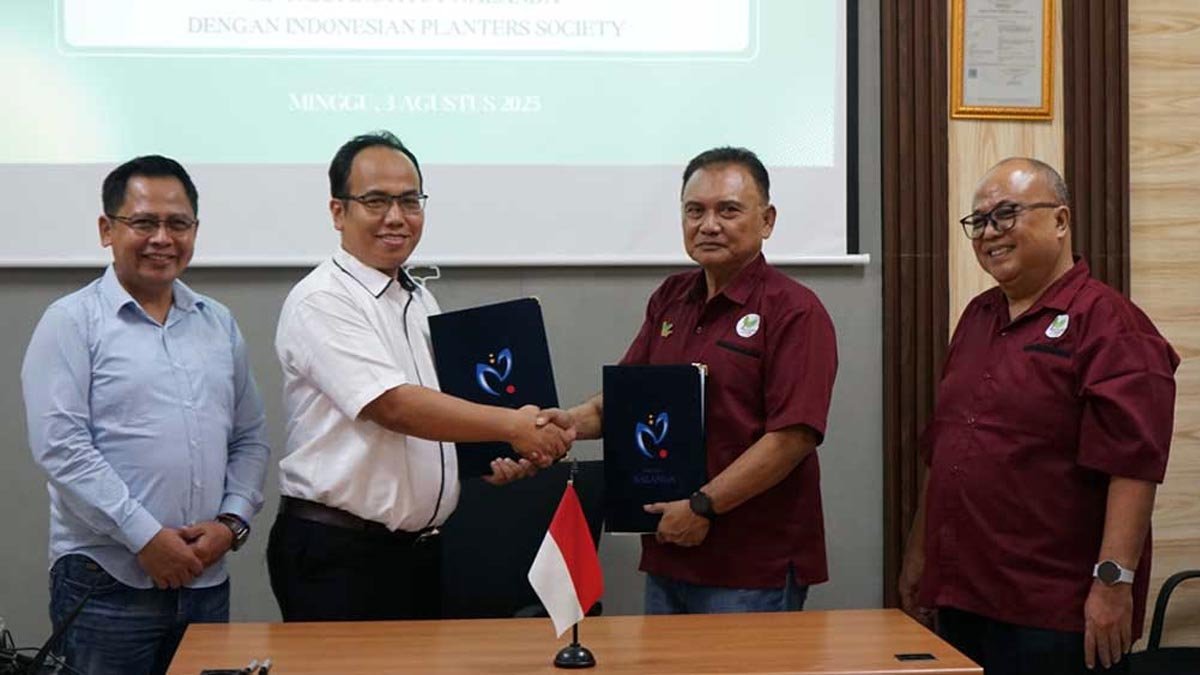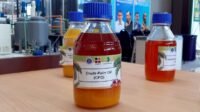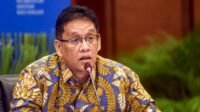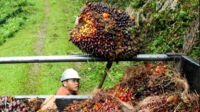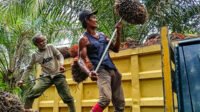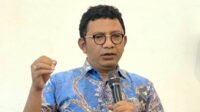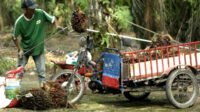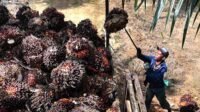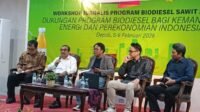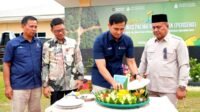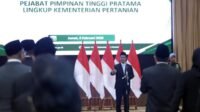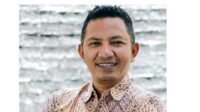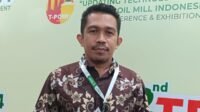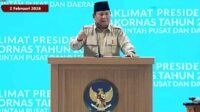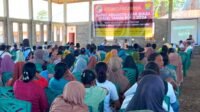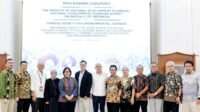PALMOILMAGAZINE, JAKARTA — The Indonesian Planters Society (IPS) has entered into a strategic partnership with Institut Nalanda to expand access to higher education for its members, particularly those living in remote plantation areas. Under the scholarship scheme, eligible participants will pay only IDR 1 million per semester—significantly reduced from the regular tuition fee of IDR 8 million—thanks to financial support from the university.
IPS Chairman, Jamalul, stated that the initiative reflects the organization’s commitment to strengthening human resource capacity in the plantation sector, especially for those with limited access to formal education.
“Institut Nalanda has given us a special privilege. This scholarship is intended for IPS members who want to pursue higher education but face financial and accessibility barriers. The courses will be delivered online,” Jamalul explained during an IPS official meeting attended by Palmoilmagazine.com on Monday (Aug 4, 2025).
The partnership offers three study programs: Communication Studies, Early Childhood Education (PAUD), and Business & Management. Among these, the PAUD program is given special emphasis due to its direct relevance to the plantation environment, particularly in addressing the educational needs of workers’ children.
Also Read: RPN, BPDPKS, and Ditjenbun Conduct Palm Oil Training to Enhance Labusel Farmers’ Competence
Harry Agung Pratama, IPS Director of Education, Training, and Certification, noted that many plantation workers leave their children in daycare facilities that lack proper educational standards.
“Usually, children are only supervised and fed. We want to transform these into learning centers aligned with the national curriculum, incorporating approaches such as Montessori,” he said.
With total tuition fees of approximately IDR 13 million for the entire four-year program, including graduation costs, Harry described this as a rare opportunity. “Graduates of the PAUD program will be able to professionally manage daycare facilities in plantation communities,” he added.
As for Communication Studies and Business & Management, IPS sees practical applications in cooperative management, employee organization, and developing leadership skills for supervisors or prospective assistant managers.
Addressing doubts about the university’s quality, Harry admitted, “Initially, I thought this was just an average institution. But after visiting, we learned that Institut Nalanda has been established for 45 years with a strong curriculum, especially for the PAUD program.”
The first intake offers 200 scholarship slots, with the possibility of expansion if demand is high. Registration closes on August 15, 2025, in line with the academic calendar reported to the Ministry of Education.
“This program is not just about earning a degree. It’s about creating real impact within plantation communities. We want graduates to be able to present ideas to management, establish PAUD units, manage cooperatives, or become effective communicators in the field,” Jamalul concluded.
The IPS–Institut Nalanda collaboration stands as a tangible example of inclusive education-industry partnerships, reaching those long excluded from higher education opportunities. For further information, interested participants can contact the IPS Secretariat or Institut Nalanda directly. (P2)

